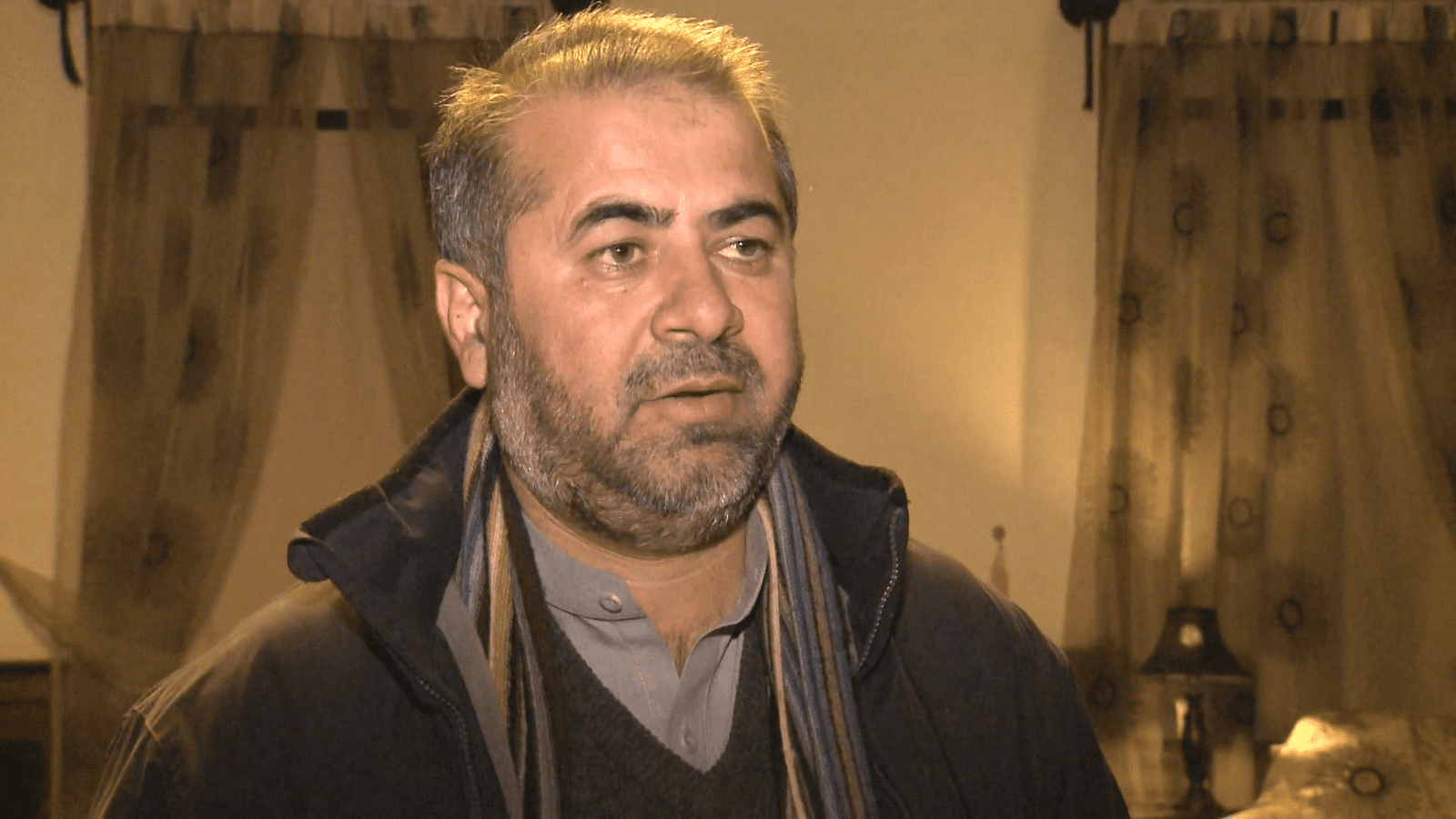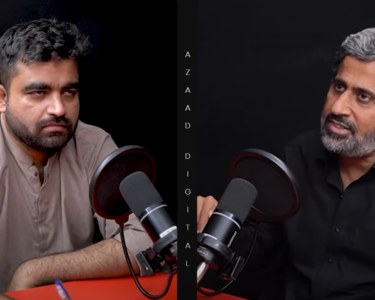Following recent terrorist attacks in Pakistan that killed many law enforcement officers, Pakistan is pressuring the Afghan Taliban to address or expel Pakistani Taliban militants sheltering in Afghanistan. Pakistani authorities consistently claim that the Afghan Taliban have been harboring Pakistani militants responsible for significant attacks within Pakistan.
The History of Tehreek-e-Taliban Pakistan (TTP)
Since 2014, the TTP has operated from Afghanistan, using its territory to launch attacks into Pakistan. Before 2014, the Pakistani Taliban controlled tribal areas along the Afghan border and were active in Malakand and southern Khyber Pakhtunkhwa. On June 15, 2014, Pakistan initiated Operation Zarb-e-Azb against the TTP in North Waziristan, forcing TTP militants to flee to Afghan provinces like Khost, Paktika, Nangarhar, and Kunar.
Operations and Challenges
Since 2002, Pakistan has conducted multiple military operations against militants, with Zarb-e-Azb being particularly successful. In Afghanistan, initial challenges from the Afghan government and local communities hindered the TTP’s ability to attack Pakistan effectively. Effective border management, including fencing, and vigilant law enforcement played key roles in curbing TTP attacks.
Impact of the Peace Process
Eventually, some TTP militants believed they had lost to Pakistan’s law enforcement and started surrendering under specific agreements. However, the peace process initiated in 2021 by Pakistan’s PTI government, supported by the military, and the Afghan Taliban’s rise to power, emboldened the Pakistani Taliban. Pakistani security officials noted that between 6,000 and 8,000 Pakistani militants re-entered Pakistan during the 2021 peace process.
Historical Context and Militant Dynamics
The Afghan and Pakistani Taliban have a long-standing collaboration, with many leaders having studied together in Pakistani seminaries. Before fleeing to Afghanistan, the TTP carried out devastating attacks in Pakistan, controlling extensive areas and causing the deployment of troops under curfew conditions. In Pakistan, the TTP remained a loosely connected network of various militant groups.
Tribal Alliances and Conflicts
On December 14, 2007, militant commanders in North Waziristan formed the TTP with Baitullah Mehsud as its leader, agreeing to collectively fight against Pakistan without any faction striking peace alone. In contrast, tribal militants in North and South Waziristan, led by Hafiz Gul Bahadar and Mullah Nazeer, respectively, formed their own alliance, Shura-e-Ittehadul Mujahideen, and vowed to fight together if targeted.
Current Developments and Future Concerns
Recently, the TTP under new leadership focused on training and arming fighters with equipment from outgoing NATO and Afghan forces. When peace talks failed in 2022, the TTP ended a ceasefire and resumed attacks, using modern technology like night vision goggles in a notable assault on police in Peshawar. The TTP has reorganized in Afghanistan, with its central leadership council, Rahbari Shura, now making all decisions. Under pressure from the Afghan Taliban government, the TTP is warned against using border areas for attacks and claiming responsibility for major incidents in Pakistan.
International Incidents and Ongoing Struggles
Last year, a TTP capture of a remote area in Chitral shocked Pakistan, prompting a temporary border closure at Torkham, vital for landlocked Afghanistan. Afghan commandos retrieved the militants, detaining them briefly in Pule Charkhi prison. The TTP is now seeking independence from the Afghan Taliban, sending a record number of fighters to Pakistani tribal districts this year. A recent attack in Bisham, which killed five Chinese engineers, has increased pressure on the Afghan Taliban, though the TTP denied involvement, citing China’s contributions to Pakistan’s development. The TTP claims to have over 25,000 armed fighters, with 5,000 new recruits this year alone. With the government refusing negotiations, violence in Pakistan may escalate this summer.






